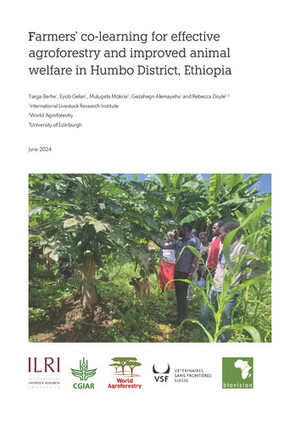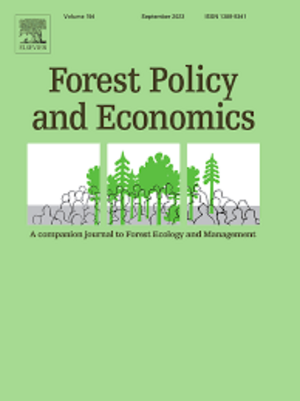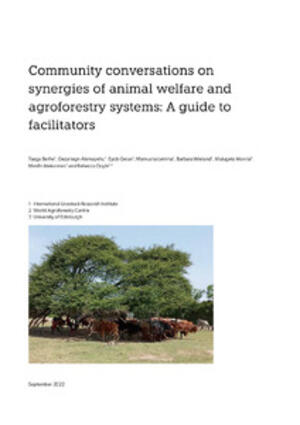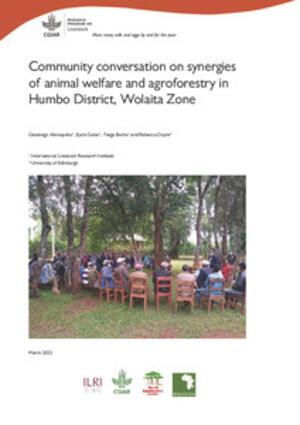
The role of animal welfare in improving the future of farming
Abstract
Context: Animal production plays a critical role in many global challenges around sustainability, including climate change and resilience, One Health and food security. With this role comes pressures on livestock welfare.
Aims: This paper demonstrates key contributions animal welfare makes to global sustainability challenges.
Methods: This paper highlights ‘win–win’ improvements for both animal welfare and other aspects of sustainability by using the following four case studies: tail docking Australian sheep, agroforestry systems in Ethiopia, the Australian dairy-beef industry, and strategic feeding of goats in Pakistan.
Key results: These case studies show how animal welfare can be improved alongside livelihoods. However, even in these win–win situations, the adoption of improved practices is not guaranteed.
Conclusions: Long-term, sustained change in animal welfare can simultaneously make in roads to other challenges around sustainability. To do this, we must have a broader understanding of the system in which the animals are raised, so that barriers to change can be identified.
Implications: Lessons from these case studies can be applied to other production contexts and challenges, highlighting the universal value of understanding and addressing animal welfare.
Citation
Doyle, R.E., Campbell, A.J.D., Dione, M., Woodruff, M., Munoz, C., Alemayehu, G., Berhe, T. and Knight-Jones, T. 2022. The role of animal welfare in improving the future of farming. Animal Production Science 62(11): 937–943.










